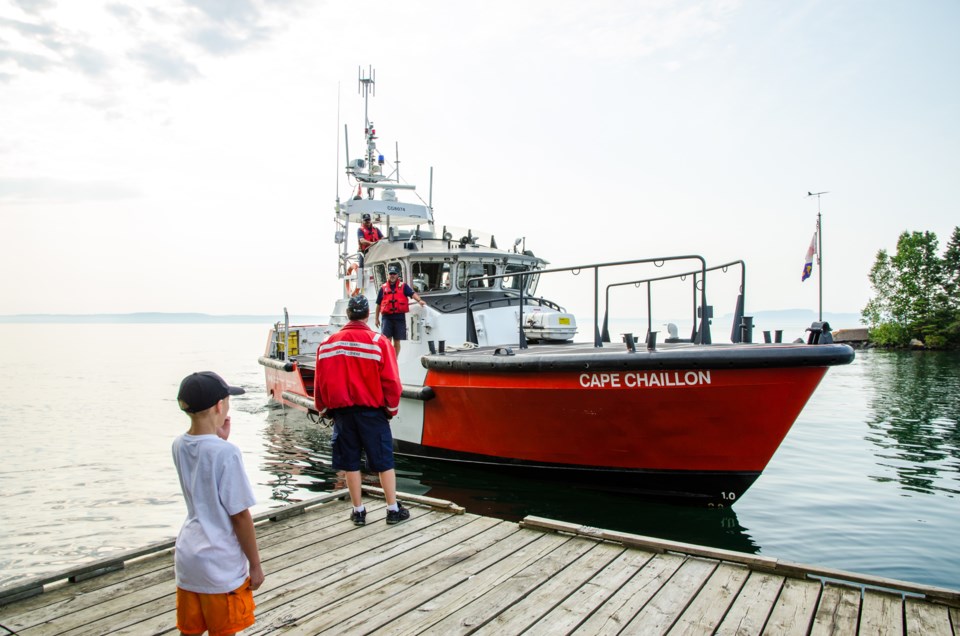THUNDER BAY -- After being closed since the end of November, the Canadian Coast Guard search and rescue station in Thunder Bay opens for a new season this weekend.
That's despite the fact that ice conditions on Lake Superior are hardly favourable for boating.
The local base is staffed with a crew of eight coast guard personnel, split into two crews of four members each, working a two week on/two weeks off rotation.
They use the 14-metre motor lifeboat Cape Chaillon.
The Thunder Bay station is the last of the seasonally-operated Great Lakes rescue stations to reopen. Eight others resumed operation earlier this month.
A coast guard spokesperson says safe recreational navigation begins with preparation and consultation of the available up-to-date information. She said that before venturing onto Lake Superior, boaters are advised to take the following steps:
- Evaluate the condition of your boat and the gear after enduring the winter season in storage, especially the safety gear that is required by law and is imperative for a safe and enjoyable day on the water.
- Wear your lifejackets. Ensure everyone is wearing an approved personal flotation device (PFD) especially in small open boats.
- Ensure you have your Pleasure Craft Operator Card (PCOC) - all recreational boat operators must have their PCOC.
- Know the waters in which you are operating. Keep up-to-date charts onboard your vessel and consult them. For a list of chart dealers, visit: www.charts.gc.ca.
The Canadian Coast Guard advises the marine public of hazards to navigation through broadcasts and written Notices to Shipping (NOTSHIPS). These NOTSHIPS, along with the marine weather forecast and other important navigational information, can be found at: http://www.ccg-gcc.gc.ca/e-navigation/index/GreatLakesNavigationalArea
Be aware of weather conditions. Marine information, such as weather and Notices to Shipping are available on the Coast Guard's Continuous Marine Broadcast, which can be monitored on VHF radio. Environment Canada also posts marine forecasts online.
For any marine assistance, contact the Coast Guard Marine Communications and Traffic Services Centre on VHF channel 16.
Other emergency contacts include dialing 911, calling the Joint Rescue Coordination Centre in Trenton at 1-800-267-7270 to speak with a Marine Search and Rescue Controller, as well as dialing *16 on your cell phone.
